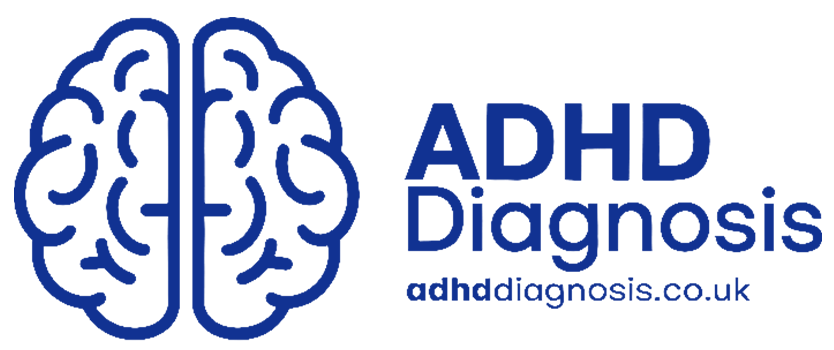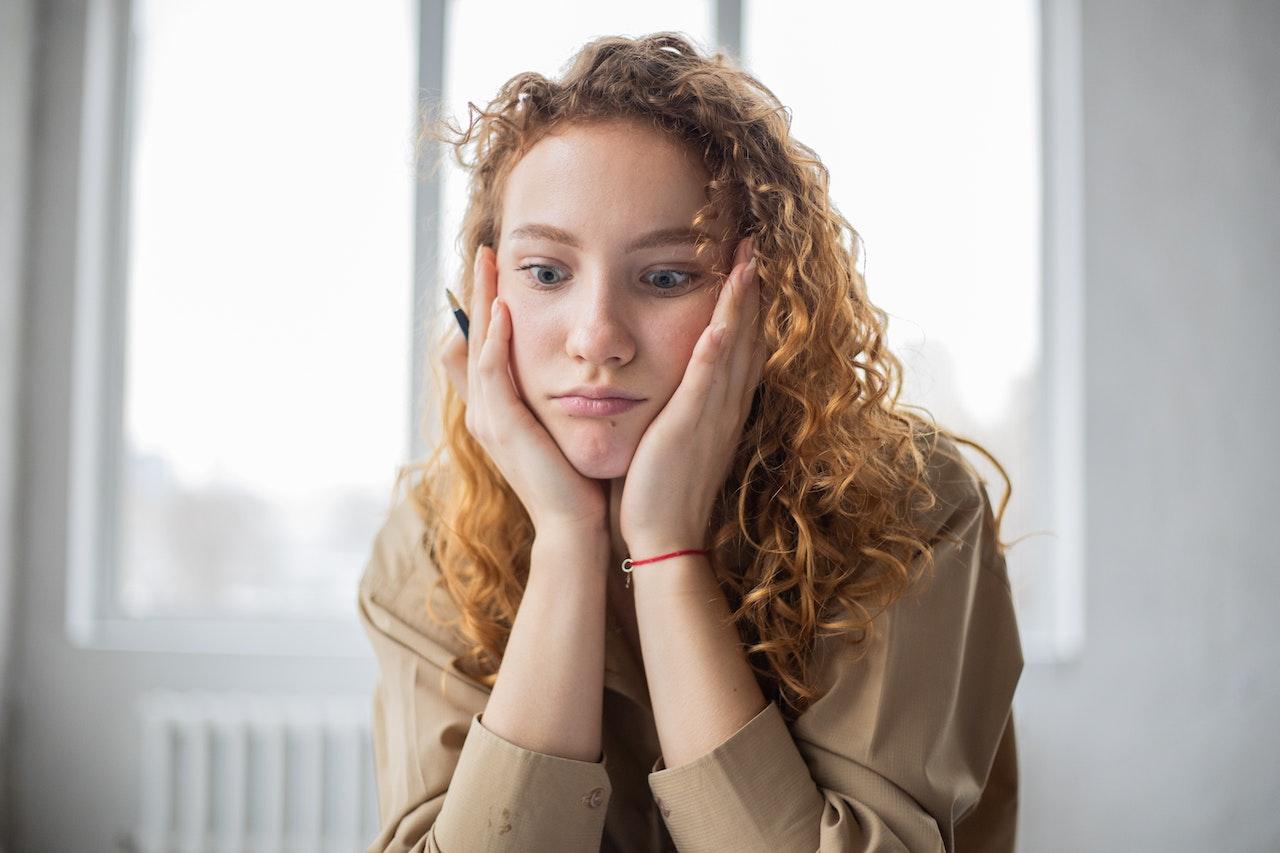Struggling with sleep is a common challenge for people with ADHD (Attention Deficit Hyperactivity Disorder). Difficulties falling asleep, staying asleep, and feeling rested in the morning are often linked to the way ADHD affects brain activity and emotional regulation. Poor sleep can make ADHD symptoms worse, leading to increased impulsiveness, difficulty focusing, and mood swings.
The good news is that improving your sleep is possible with the right strategies. In this guide, we’ll explore why ADHD makes sleep difficult, how poor sleep impacts ADHD symptoms, and practical tips to help you get better rest and wake up feeling more refreshed.
Why Does ADHD Affect Sleep?
ADHD affects the brain’s ability to regulate attention, impulses, and emotions – and this includes sleep patterns. Several factors contribute to sleep issues in people with ADHD:
✅ Delayed Sleep Phase Syndrome (DSPS): Many people with ADHD have a naturally delayed body clock, making it difficult to feel sleepy at night and wake up early in the morning.
✅ Overactive Mind: Racing thoughts and mental restlessness make it hard to relax and switch off at bedtime.
✅ Hyperfocus and Time Blindness: Getting stuck in a state of hyperfocus on activities like gaming or reading can make you lose track of time and delay sleep.
✅ Emotional Dysregulation: Stress, anxiety, and emotional sensitivity can make it harder to settle down and sleep soundly.
✅ Sleep Disorders: ADHD is linked to higher rates of sleep disorders such as insomnia, restless leg syndrome (RLS), and sleep apnoea.
How Poor Sleep Worsens ADHD Symptoms
Lack of sleep doesn’t just leave you feeling tired—it can also make ADHD symptoms worse:
🔴 Poor Focus and Concentration: Sleep deprivation makes it harder to pay attention and retain information.
🔴 Increased Impulsiveness: When you’re tired, your ability to control impulses and regulate emotions decreases.
🔴 Emotional Instability: Poor sleep increases irritability and reduces your ability to manage stress.
🔴 Weaker Memory: Sleep is essential for processing and storing information—without it, working memory suffers.
🔴 Hyperactivity: Feeling exhausted can paradoxically increase hyperactivity and restlessness.
Tips for Better Sleep with ADHD
Improving sleep with ADHD requires a combination of lifestyle changes, environmental adjustments, and relaxation techniques. Here are practical tips to help you get better rest:
1. Create a Consistent Sleep Schedule
A regular sleep schedule helps regulate your body clock and improve sleep quality.
✅ Go to bed and wake up at the same time every day – including weekends.
✅ Avoid napping during the day – Naps longer than 20 minutes can interfere with nighttime sleep.
✅ Set a bedtime alarm – Use a reminder to signal when it’s time to start winding down.
2. Establish a Relaxing Bedtime Routine
A calming routine signals to your brain that it’s time to wind down.
✅ Turn off screens 30–60 minutes before bed – Blue light from phones and TVs suppresses melatonin production.
✅ Read a book or listen to calming music – Avoid stimulating content that could increase mental activity.
✅ Try a warm bath or shower – This helps lower your body temperature, signalling to your brain that it’s time to sleep.
3. Create a Sleep-Friendly Environment
Your sleep environment plays a big role in how quickly you fall asleep and how well you stay asleep.
✅ Keep your bedroom cool and dark – Ideal sleep temperature is between 16–18°C.
✅ Use blackout curtains – Light disrupts melatonin production and makes it harder to stay asleep.
✅ Invest in a comfortable mattress and pillows – Poor-quality bedding can lead to discomfort and interrupted sleep.
✅ Use white noise or earplugs – Block out background noise that might disturb your sleep.
4. Manage Racing Thoughts and Restlessness
An overactive mind is a major barrier to falling asleep with ADHD.
✅ Try a brain dump – Write down your thoughts before bed to clear your mind.
✅ Practise mindfulness or meditation – Deep breathing and guided relaxation help calm your nervous system.
✅ Avoid mentally stimulating activities – Stop working or problem-solving at least an hour before bed.
5. Reduce Stimulants and Sleep Disruptors
Certain foods and drinks can interfere with sleep quality.
✅ Limit caffeine after midday – Caffeine can stay in your system for up to eight hours.
✅ Avoid alcohol before bed – Alcohol may make you feel sleepy initially but disrupts deep sleep.
✅ Avoid large meals before bed – A heavy meal close to bedtime can cause discomfort and poor sleep quality.
6. Use Sleep Aids Strategically
Some sleep aids can help with falling asleep but should be used carefully.
✅ Melatonin supplements – Taking melatonin 30 minutes before bed can help regulate sleep cycles.
✅ Magnesium – Magnesium supplements help relax muscles and improve sleep quality.
✅ Herbal teas – Chamomile, valerian root, and lavender tea can promote relaxation.
✅ Speak to your doctor – If you take ADHD medication, check whether it could be affecting your sleep.
7. Exercise Regularly (But Not Too Close to Bedtime)
Physical activity helps burn off excess energy and improve sleep quality.
✅ Exercise in the morning or afternoon – Avoid vigorous exercise within three hours of bedtime.
✅ Try yoga or stretching – Gentle exercise helps calm the body and mind.
✅ Get natural light during the day – Exposure to sunlight helps regulate your sleep-wake cycle.
8. Be Patient and Adjust as Needed
Improving sleep with ADHD takes time and experimentation.
✅ Track your sleep patterns – Keep a sleep journal to identify what works and what doesn’t.
✅ Adjust your bedtime and routine – Fine-tune your routine based on how your body responds.
✅ Don’t stress if you can’t sleep – Lying awake and worrying about sleep makes it harder to fall asleep.
When to Seek Professional Help
If you’ve tried these strategies and are still struggling with sleep, it may be time to seek professional help. Sleep disorders such as insomnia, restless leg syndrome, and sleep apnoea are more common in people with ADHD and may require medical treatment.
Conclusion
Good sleep is essential for managing ADHD symptoms and improving overall wellbeing. By creating a consistent sleep schedule, managing racing thoughts, and optimising your sleep environment, you can improve the quality of your sleep and feel more focused and energised during the day.
If you need additional support with ADHD and sleep issues, book an appointment with us at adhddiagnosis.co.uk. Our expert team can provide a professional diagnosis and personalised treatment plan to help you get the rest you need. Take the first step towards better sleep and improved focus today!





